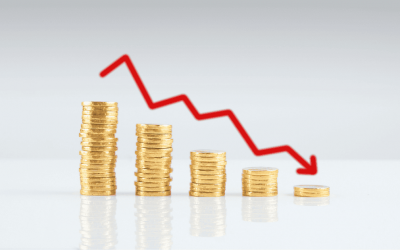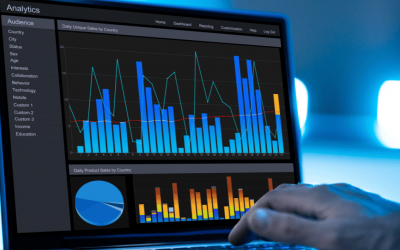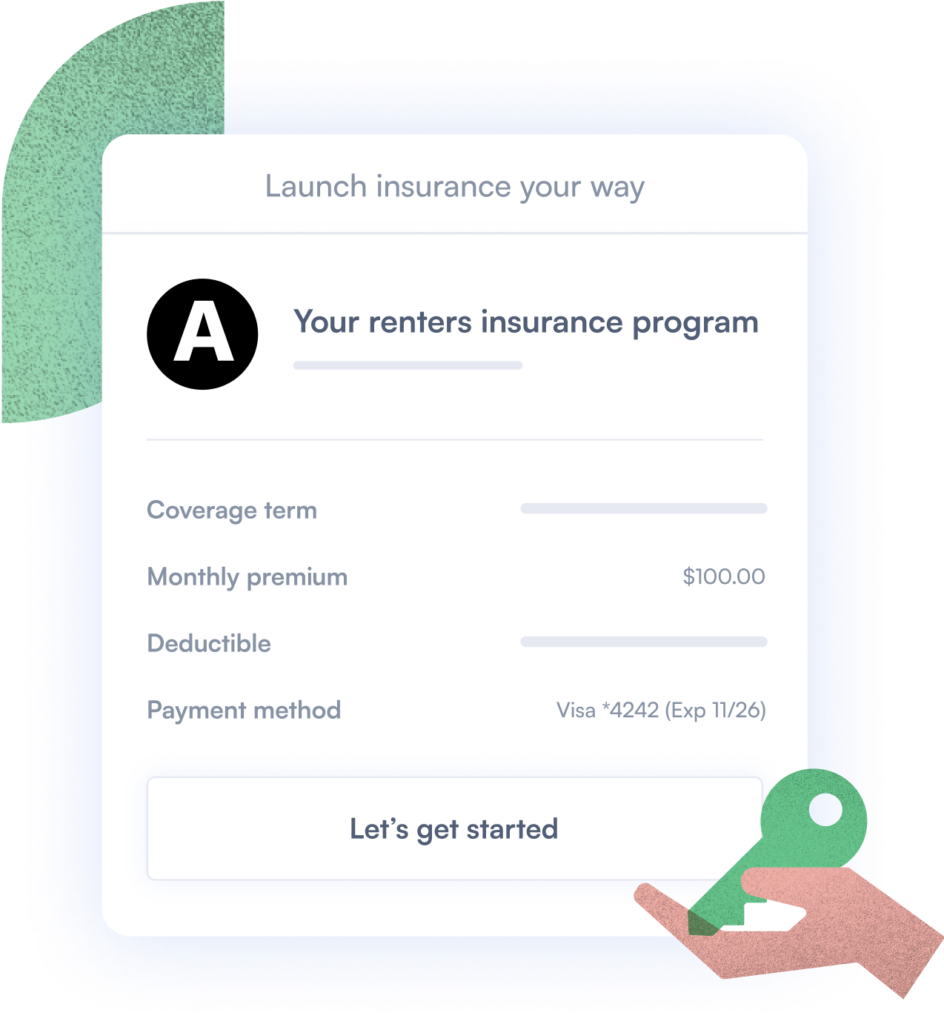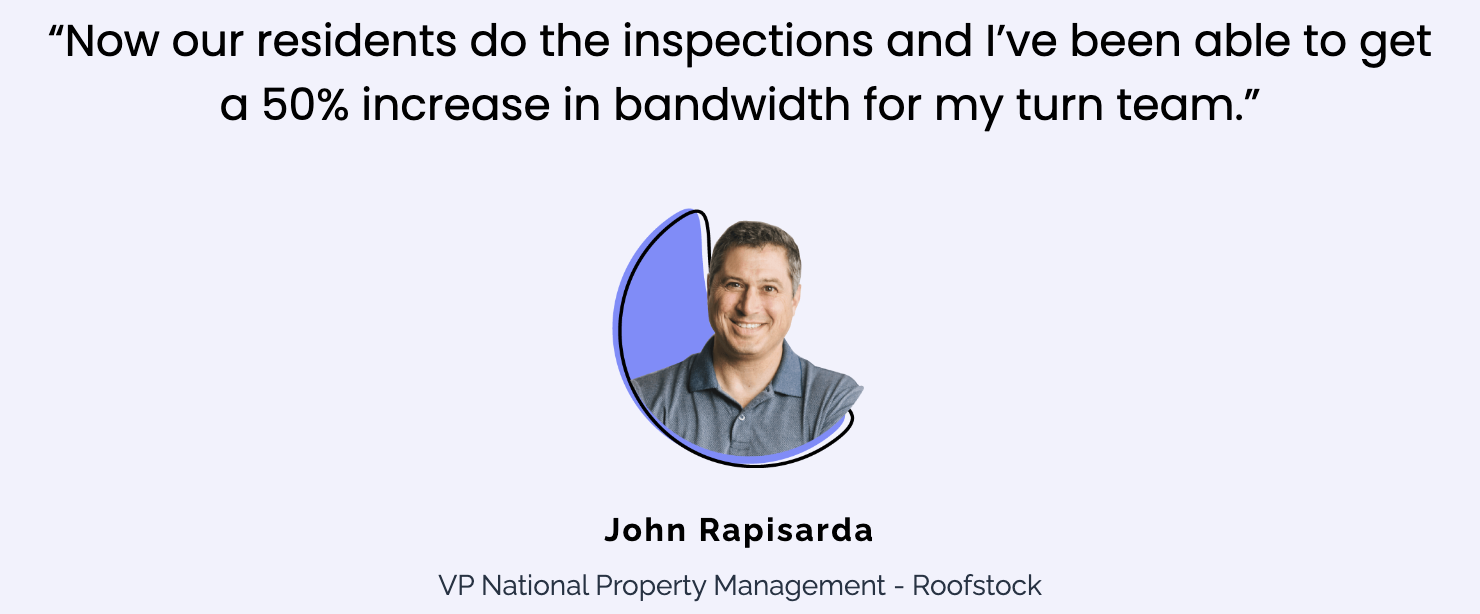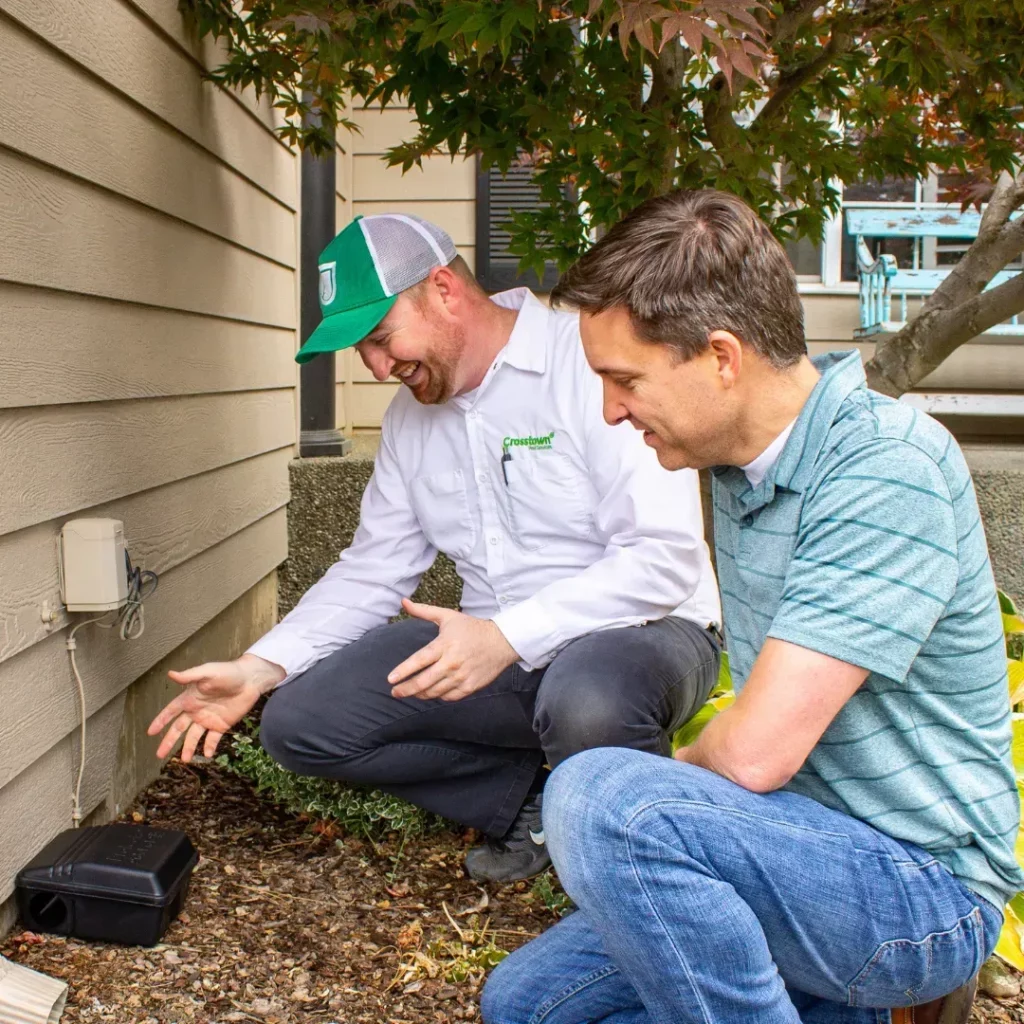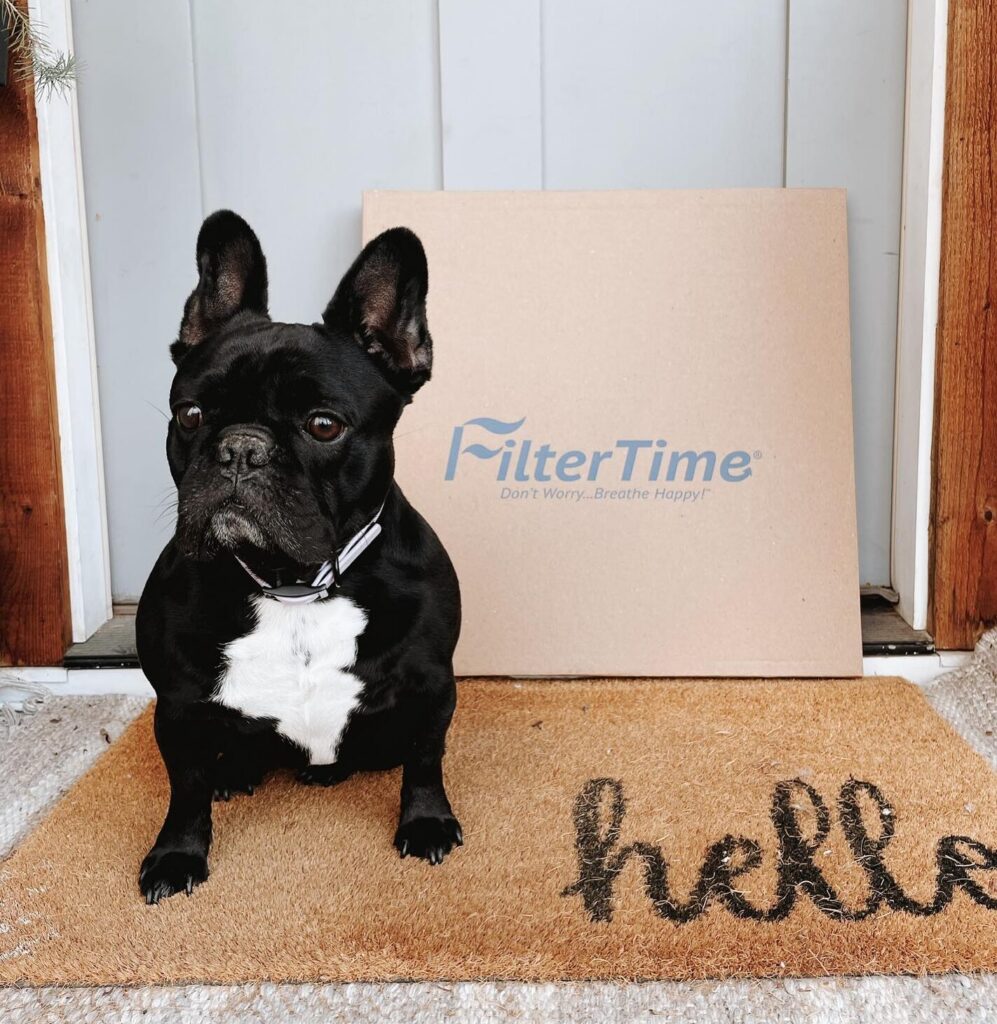These Property Maintenance Tips Will Save You Money in the Long Run. Every property owner fears the day their rental needs something important and expensive replaced. Whether it’s the air conditioner or the roof, such high upfront cost projects can wipe out months of revenue and cut into your savings. The best way to go about avoiding or limiting these costs is by staying on top of needed property upkeep and maintenance. In this article, we’ll review the four best ways to approach maintaining your rental property over the long haul.
Here are Property Maintenance Tips or you
Take care of the essentials
Put the time and money into caring for the property’s roof, plumbing, and HVAC systems. Schedule regular checkups and maintenance appointments, and be proactive about replacing parts and systems as they age. Not only are issues with your roof, HVAC systems, pipes, and electrical wiring particularly expensive, but they may be grounds for an existing tenant to vacate the property, depending on local and state laws where you live.
For example, many statutes in cold-weather states mandate that properties have a working furnace. They provide remedies for tenants to address situations where the furnace fails and the property owner does not take action—up to the point of breaking the lease. Even if you never let it get that far, your primary focus should be on preventing such crises in the first place. Anything that is both costly to repair and threatens your current rental income should be dealt with immediately.
It’s just smart property ownership. No matter how involved you are personally in the day-to-day maintenance of the rental, you need to remain vigilant to protect your investment.
Improve the property’s efficiency and see the savings
Many property owners pass on making efficiency improvements to their rental because they don’t believe they have a stake in such investments. After all, it’s typically your tenant who pays the utility bills in the hottest and coldest months of the year. However, you should rethink making the home, apartment, or condo more efficient.
First, efficiency impacts more than just utility bills. It also has a pronounced effect on how much the air conditioner, heat pump, or furnace runs, day-after-day and night-after-night. In an inefficient property, your HVAC systems will need to run almost continuously to keep up with demand. All that additional wear-and-tear is not great for the long-term health of your cooling and heating systems. You’re more likely to have to deal with breakdowns and prematurely replace the system in a place where there are major air leaks.
Second, efficiency matters to your tenant. As part of their overall monthly cost-of-living, tenants will take notice—and exception to—high cooling or heating costs. It’s a good way to lose high-quality, long-term tenants who otherwise are happy with the property.
In most cases, the upfront investment in efficiency doesn’t need to run you in the thousands. Even scheduling an energy audit and addressing some critical areas—such as leaky doors or an insufficiently insulated attic—can be a step in the right direction.
Always know when to hire a professional
Contrary to popular belief, you don’t need to be a contractor or handy homeowner to invest in a rental property. You just need to know your limits and when to bring in a professional. All property owners—whether you’re new to this or have built homes from scratch—will inevitably encounter an issue that’s beyond their expertise or on-hand tools. Making the right call at that moment is important.
Our recommendation? You do not want to be researching and vetting out contractors the night of an emergency. Be proactive and pick out several plumbers, electricians, and HVAC service companies in your area who offer 24/7 service and have good reviews. If you’re using Latchel to coordinate your maintenance, you can always tap into the Latchel Contractor Network. In the event that pipe bursts or the air conditioner stop working, you always have someone already vetted who you can call right away. This cuts down on your tenant’s stress and helps better protect the property.
Better yet, establish a working relationship with these companies by scheduling annual tune-ups and inspections with them. This allows you to confirm that they are reliable and trustworthy before you’re forced into the position of just having to blindly hope that they are.
Prevention is worth the price
Treat maintenance and upkeep as an essential, fundamental aspect of owning a rental property, and you’ll put yourself in a great position to save money for years to come. As the old adage goes, “an ounce of prevention is worth a pound of cure.” While professional maintenance may cost you a little upfront, it will pay for itself many times over if it helps prevent a major catastrophe in the home.
Take your water heater, for instance. By having a plumber inspect and maintain this vital home system, you will not only ensure that it continues to supply the property with hot water, but you’ll also safeguard it against an event such as a tank burst, which could cause significant water damage to the property. Not all maintenance pays off in such a dramatic fashion, but even extending the lifespan of property components for a few years—such as delaying the date when you’ll need to replace the roof—can be a difference-maker for your long-term finances and return-on-investment.
After all, property owners and managers can’t afford to be prisoners of the moment. Regardless of whether you want to sell the property or hold onto it, keeping it in its best condition is a long-term strategy. In that strategy, the best tactic for coming out ahead is preventative maintenance.
Every property owner fears the day their rental needs something important and expensive replaced. Whether it’s the air conditioner or the roof, such high upfront cost projects can wipe out months of revenue and cut into your savings. The best way to go about avoiding or limiting these costs is by staying on top of needed property upkeep and maintenance. In this article, we’ll review the four best ways to approach maintaining your rental property over the long haul.
Take care of the essentials
Put the time and money into caring for the property’s roof, plumbing, and HVAC systems. Schedule regular checkups and maintenance appointments, and be proactive about replacing parts and systems as they age. Not only are issues with your roof, HVAC systems, pipes, and electrical wiring particularly expensive, but they may be grounds for an existing tenant to vacate the property, depending on local and state laws where you live.
For example, many statutes in cold-weather states mandate that properties have a working furnace. They provide remedies for tenants to address situations where the furnace fails and the property owner does not take action—up to the point of breaking the lease. Even if you never let it get that far, your primary focus should be on preventing such crises in the first place. Anything that is both costly to repair and threatens your current rental income should be dealt with immediately.
It’s just smart property ownership. No matter how involved you are personally in the day-to-day maintenance of the rental, you need to remain vigilant to protect your investment.
Improve the property’s efficiency and see the savings
Many property owners pass on making efficiency improvements to their rentals because they don’t believe they have a stake in such investments. After all, it’s typically your tenant who pays the utility bills in the hottest and coldest months of the year. However, you should rethink making the home, apartment, or condo more efficient.
First, efficiency impacts more than just utility bills. It also has a pronounced effect on how much the air conditioner, heat pump, or furnace runs, day-after-day and night-after-night. In an inefficient property, your HVAC systems will need to run almost continuously to keep up with demand. All that additional wear-and-tear is not great for the long-term health of your cooling and heating systems. You’re more likely to have to deal with breakdowns and prematurely replace the system in a place where there are major air leaks.
Second, efficiency matters to your tenant. As part of their overall monthly cost-of-living, tenants will take notice—and exception to—high cooling or heating costs. It’s a good way to lose high-quality, long-term tenants who otherwise are happy with the property.
In most cases, the upfront investment in efficiency doesn’t need to run you in the thousands. Even scheduling an energy audit and addressing some critical areas—such as leaky doors or an insufficiently insulated attic—can be a step in the right direction.
Always know when to hire a professional
Contrary to popular belief, you don’t need to be a contractor or handy homeowner to invest in a rental property. You just need to know your limits and when to bring in a professional. All property owners—whether you’re new to this or have built homes from scratch—will inevitably encounter an issue that’s beyond their expertise or on-hand tools. Making the right call at that moment is important.
Our recommendation? You do not want to be researching and vetting out contractors the night of an emergency. Be proactive and pick out several plumbers, electricians, and HVAC service companies in your area who offer 24/7 service and have good reviews. If you’re using Latchel to coordinate your maintenance, you can always tap into the Latchel Contractor Network. In the event that a pipe bursts or the air conditioner stops working, you always have someone already vetted who you can call right away. This cuts down on your tenant’s stress and helps better protect the property.
Better yet, establish a working relationship with these companies by scheduling annual tune-ups and inspections with them. This allows you to confirm that they are reliable and trustworthy before you’re forced into the position of just having to blindly hope that they are.
Prevention is worth the price
Treat maintenance and upkeep as an essential, fundamental aspect of owning a rental property, and you’ll put yourself in a great position to save money for years to come. As the old adage goes, “an ounce of prevention is worth a pound of cure.” While professional maintenance may cost you a little upfront, it will pay for itself many times over if it helps prevent a major catastrophe in the home.
Take your water heater, for instance. By having a plumber inspect and maintain this vital home system, you will not only ensure that it continues to supply the property with hot water, but you’ll also safeguard it against an event such as a tank burst, which could cause significant water damage to the property. Not all maintenance pays off in such a dramatic fashion, but even extending the lifespan of property components for a few years—such as delaying the date when you’ll need to replace the roof—can be a difference-maker for your long-term finances and return on investment.
After all, property owners and managers can’t afford to be prisoners of the moment. Regardless of whether you want to sell the property or hold onto it, keeping it in its best condition is a long-term strategy. In that strategy, the best tactic for coming out ahead is preventative maintenance.


